
A leaked proposal from the European Union (EU) has ignited a heated debate over the regulation of crypto assets and non-fungible tokens (NFTs). The leaked document, titled “A Regulatory Framework for Cryptocurrency Assets and NFTs,” suggests stricter measures to prevent money laundering and terrorist financing, while also aiming to protect investors.
The proposal highlights the growing recognition of digital assets and their potential impact on the global financial system. With the rapid rise of cryptocurrencies and the booming popularity of NFTs, governments and regulators worldwide are grappling with how to strike a balance between innovation and consumer protection.
Advocates for stricter regulation argue that clear guidelines are needed to prevent illegal activities, such as money laundering, tax evasion, and fraud, that have been associated with the crypto market. They argue that by establishing a comprehensive regulatory framework, governments can help legitimize the industry, attract institutional investors, and foster innovation.
However, critics of the leaked proposal caution against stifling innovation and creating overly burdensome regulations that could hinder the growth of the crypto market. They argue that excessive regulation may deter startups and entrepreneurs from entering the space, ultimately stifling technological advancements and limiting economic potential.
As discussions around the leaked proposal continue, stakeholders from various sectors, including financial institutions, tech companies, and consumer advocacy groups, are closely monitoring the developments. The outcome of these debates will have far-reaching implications for the future of crypto assets and NFTs, shaping their regulation and potential adoption on a global scale.
EU’s Leaked Proposal
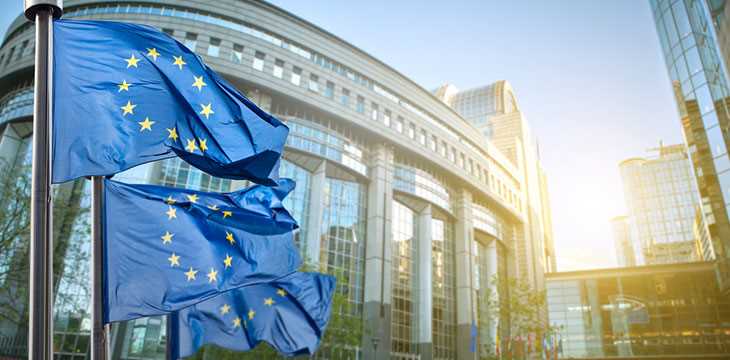
The leaked proposal from the European Union regarding the regulation of crypto assets and NFTs has sparked a heated debate among industry experts and enthusiasts. The document, which outlines the EU’s intentions to create a comprehensive framework for digital assets, has stirred both excitement and concerns.
On one hand, proponents of the proposal argue that regulation is necessary to protect investors and ensure the stability and integrity of the market. They believe that by implementing clear rules and guidelines, the EU can foster innovation and attract institutional investors to the crypto space.
On the other hand, critics express concerns about the potential stifling effect of regulation on the industry. They worry that excessive oversight and restrictive measures could hinder the growth of cryptocurrencies and NFTs, preventing them from reaching their full potential.
One of the key points of contention is the definition of crypto assets and NFTs. The leaked proposal suggests classifying them as financial instruments, subjecting them to existing EU financial regulations. This has raised debates about the suitability of such classification, as well as the possible implications for the broader blockchain industry.
Another aspect that has garnered attention is the proposed licensing regime for crypto asset service providers. Some argue that this would create a more trustworthy and secure environment for users, while others question the feasibility and potential barriers to entry that this could create.
The leaked proposal has also sparked discussions about the balance between consumer protection and privacy concerns. While ensuring the safety of investors is crucial, some worry that excessive regulation could encroach on individuals’ rights to privacy and anonymity.
Overall, the leaked EU proposal has brought the regulation of crypto assets and NFTs to the forefront of public debate. As the crypto industry continues to evolve, finding a balance between innovation and regulation will be key to its long-term success.
Impact on Crypto Assets and NFTs

The leaked EU proposal regarding the regulation of crypto assets and NFTs has sparked a global debate among industry players and enthusiasts. The potential impact of such regulation is significant and could have both positive and negative consequences for the crypto market.
On the positive side, the regulation could bring much-needed legitimacy and mainstream acceptance to the world of crypto assets and NFTs. Currently, many individuals and institutions remain hesitant to engage with these digital assets due to the lack of regulatory oversight and concerns about fraud and market manipulation. The proposed regulations could provide a framework for consumer protection and investor confidence, making it easier for individuals and institutions to invest in and use crypto assets and NFTs.
However, there are also concerns that excessive regulation could stifle innovation and hinder the growth of the crypto market. The decentralized nature of cryptocurrencies and NFTs has been a fundamental driver of their popularity and success. Imposing strict regulations could potentially limit the ability of developers and entrepreneurs to create new and innovative blockchain solutions.
Furthermore, there is a risk that heavy-handed regulations could drive crypto assets and NFTs out of the European market altogether. If the proposed regulations are too burdensome or restrictive, companies and individuals may choose to move their operations to jurisdictions with more favorable regulatory environments. This could lead to a loss of talent and investment in the European Union.
It is important for regulators to strike a balance between protecting consumers and fostering innovation. The crypto market is constantly evolving, and regulators need to adapt their approach to ensure that regulation does not stifle its growth. The leaked EU proposal has ignited a necessary debate on how to achieve this balance, and it is crucial for all industry stakeholders to contribute their perspectives and insights to the discussion.
In conclusion, the impact of the leaked EU proposal on crypto assets and NFTs is uncertain but could have far-reaching consequences. If implemented effectively, the regulation could provide much-needed legitimacy and protection to the market. However, there is also a risk that excessive regulation could stifle innovation and drive businesses away. The ongoing debate surrounding this proposal is a vital step in finding the right balance between regulation and growth in the crypto industry.
Debate on Regulation

The leaked EU proposal on the regulation of crypto assets and NFTs has sparked a heated debate among experts and stakeholders. While some argue that stricter regulations are necessary to protect investors and enhance market stability, others believe that excessive regulations may stifle innovation and hinder the growth of the crypto industry.
Proponents of stricter regulations argue that the crypto market is highly volatile and prone to fraud and scams. They argue that regulations such as mandatory licensing and disclosure requirements can help weed out bad actors and provide investors with more transparency and security. They also believe that regulations can help prevent money laundering and other illicit activities associated with cryptocurrencies.
On the other hand, critics of stricter regulations argue that the crypto industry is still in its infancy and needs room to innovate and experiment. They contend that excessive regulations can create unnecessary barriers to entry and stifle innovation. They also point out that cryptocurrencies and NFTs have the potential to revolutionize various industries, such as finance and art, and that heavy-handed regulations may prevent these technologies from reaching their full potential.
There are also concerns about the global nature of the crypto market and the challenges of implementing regulations across different jurisdictions. Some argue that a harmonized global regulatory framework is needed to effectively regulate crypto assets and NFTs. However, others believe that a one-size-fits-all approach may not be feasible or desirable, given the unique characteristics and challenges of each jurisdiction.
Overall, the debate on regulation of crypto assets and NFTs is complex and multifaceted. Striking the right balance between consumer protection and innovation is a challenging task. It remains to be seen how regulators will respond to the leaked EU proposal and whether it will lead to a more concerted effort to regulate the crypto industry on a global scale.
Pros and Cons of EU’s Proposed Regulations
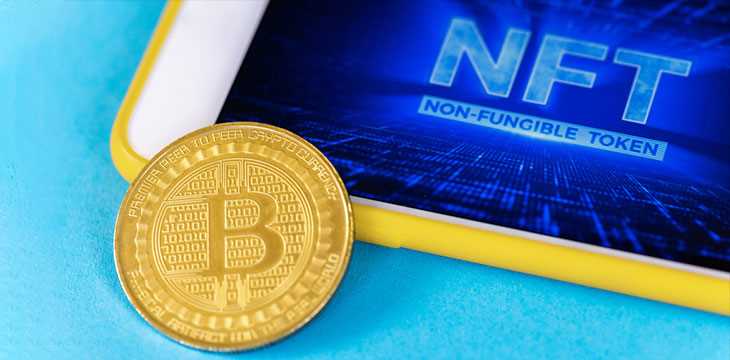
Pros
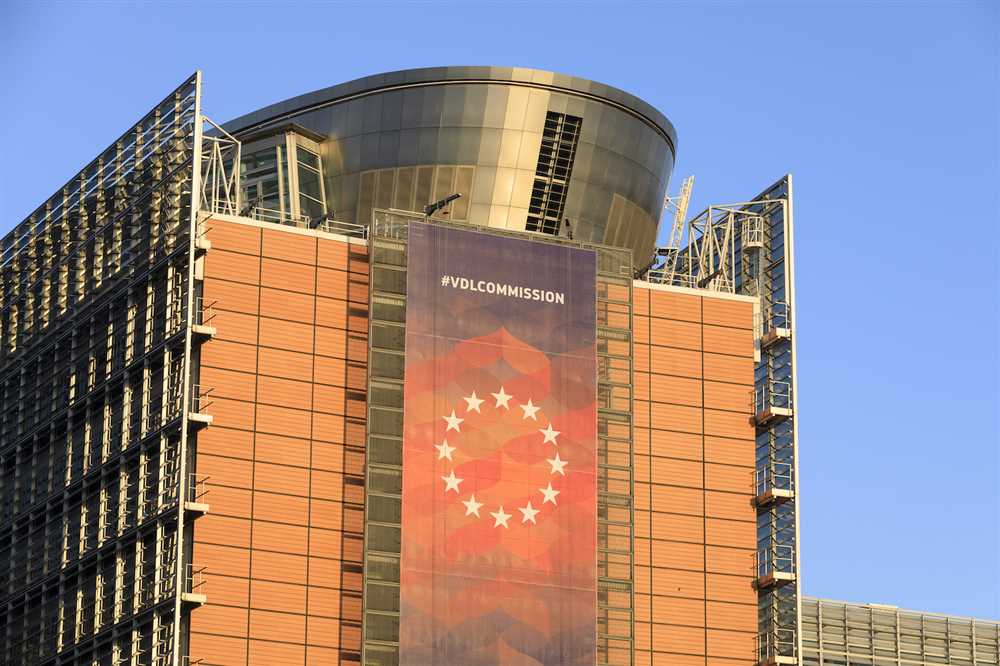
1. Consumer Protection: The proposed regulations aim to protect consumers by ensuring transparency and accountability in the crypto asset and NFT markets. This can help prevent fraud and scams, providing a safer environment for users.
2. Investor Confidence: With clear regulations in place, investors may feel more confident and willing to participate in the crypto asset and NFT markets. This could lead to increased liquidity and investment opportunities.
3. Market Stability: By regulating these emerging markets, the EU hopes to avoid potential risks and ensure market stability. This can help prevent the formation of speculative bubbles and reduce volatility.
4. Anti-Money Laundering (AML) Measures: The proposed regulations include provisions to counter money laundering and terrorist financing. This can help mitigate the risks associated with crypto assets and NFTs being used for illicit activities.
Cons
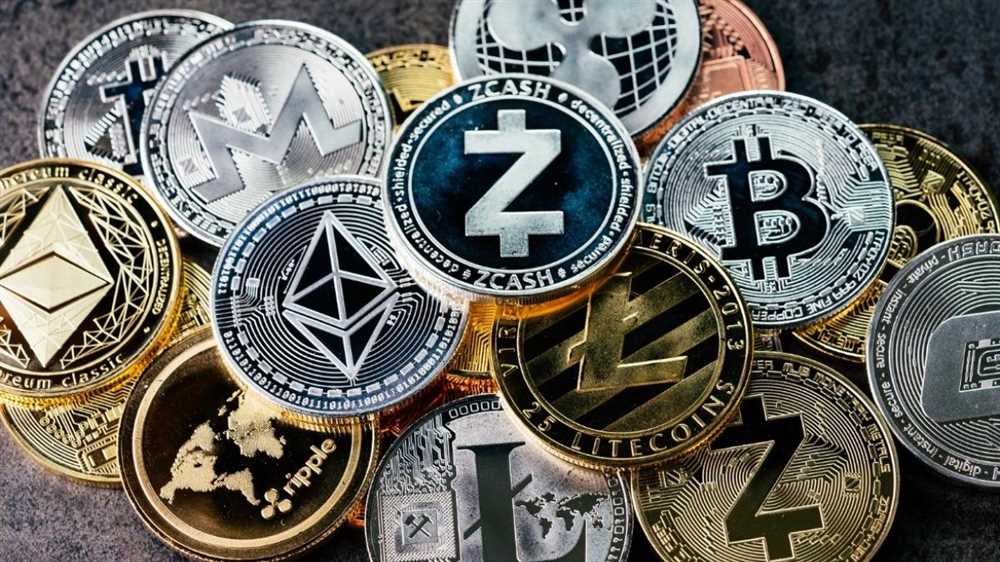
1. Innovation Limitations: Strict regulations may stifle innovation in the crypto asset and NFT sectors. Startups and small businesses may find it challenging to comply with the extensive regulatory requirements, hindering their growth and development.
2. Compliance Costs: Compliance with the proposed regulations could be costly for businesses operating in the crypto asset and NFT markets. This may disproportionately affect small and medium-sized enterprises and could create barriers to entry.
3. Regulatory Fragmentation: The EU’s proposed regulations may differ from regulatory frameworks in other jurisdictions, leading to fragmentation in the global crypto asset and NFT markets. This could create confusion and additional compliance burdens for businesses operating internationally.
4. Privacy Concerns: Some argue that the increased regulations proposed by the EU may infringe upon individuals’ privacy rights. This includes the need for increased identification and reporting requirements, potentially compromising user anonymity.
| Pros | Cons |
|---|---|
| Consumer Protection | Innovation Limitations |
| Investor Confidence | Compliance Costs |
| Market Stability | Regulatory Fragmentation |
| Anti-Money Laundering (AML) Measures | Privacy Concerns |
What is the leaked EU proposal about?
The leaked EU proposal is about the regulation of crypto assets and NFTs.
Why is there a debate over the regulation of crypto assets and NFTs?
There is a debate over the regulation of crypto assets and NFTs because some people believe that stricter regulations are necessary to protect investors and prevent money laundering, while others argue that excessive regulation could stifle innovation and growth in the industry.






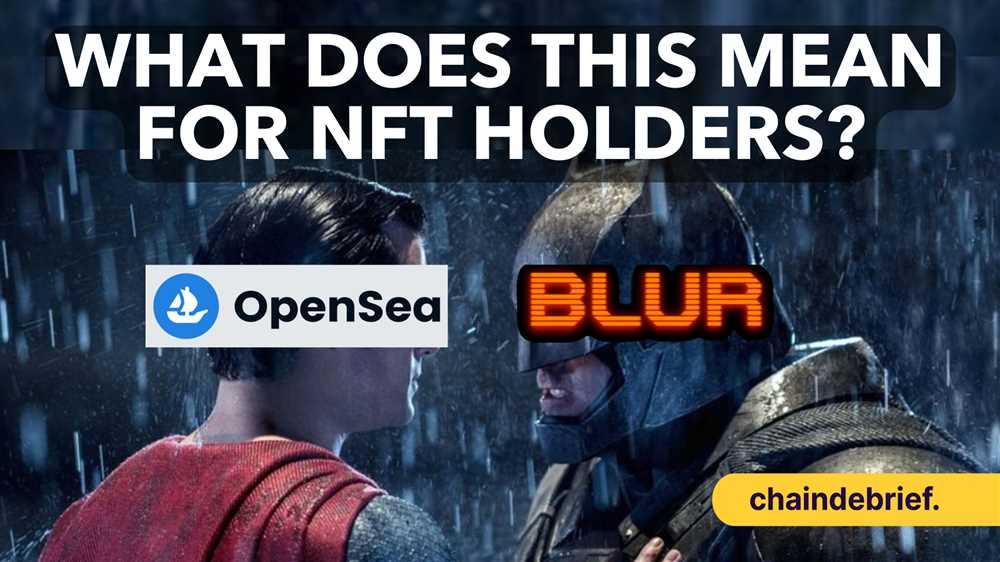
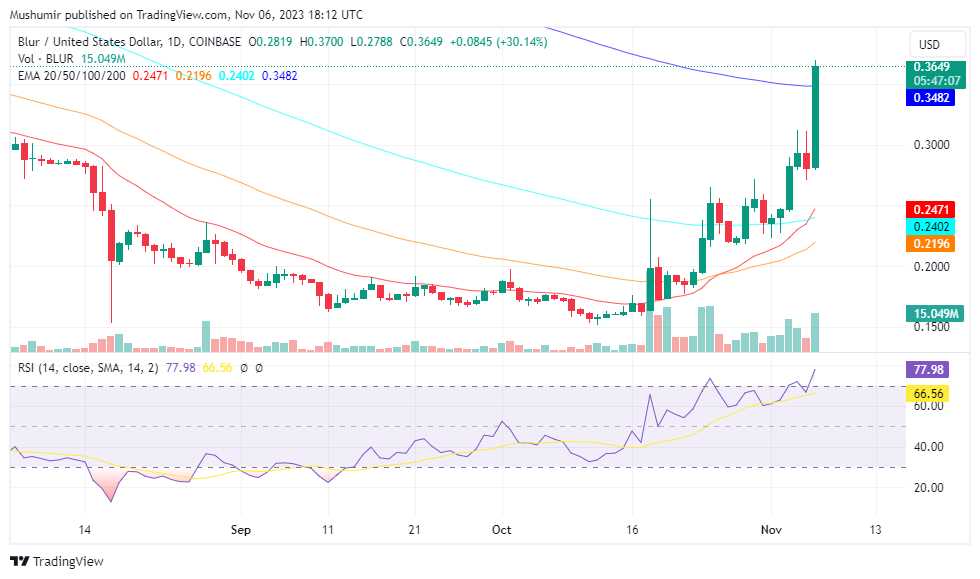
Leave a Reply